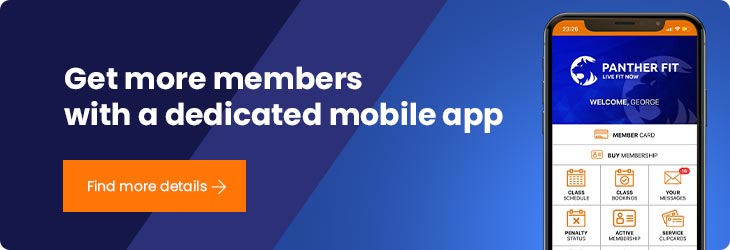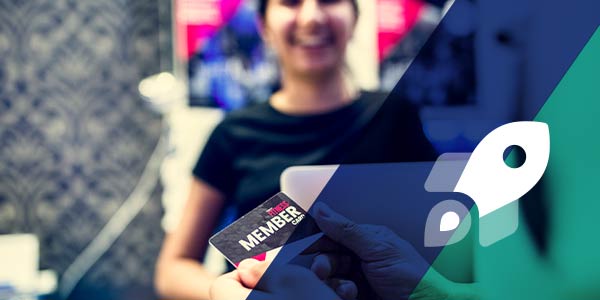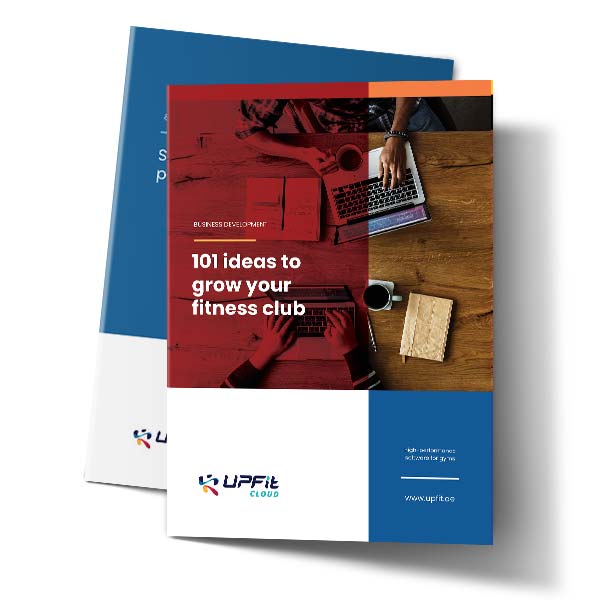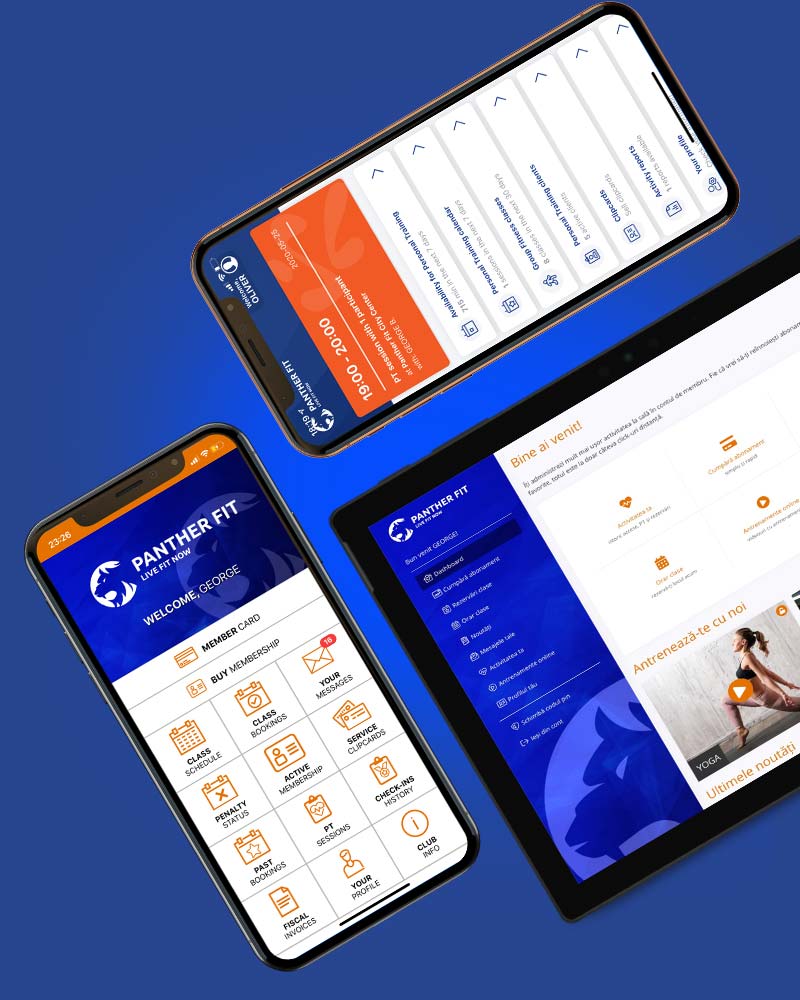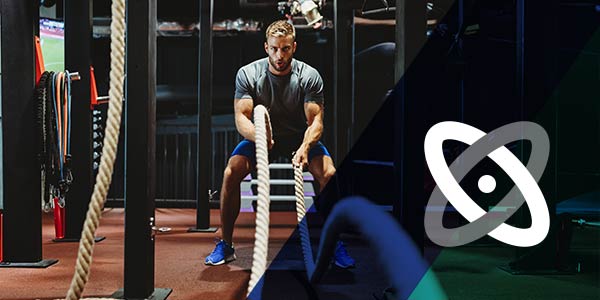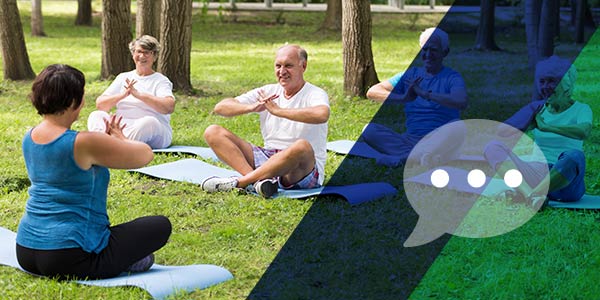What are push notifications for the member app, and why send them
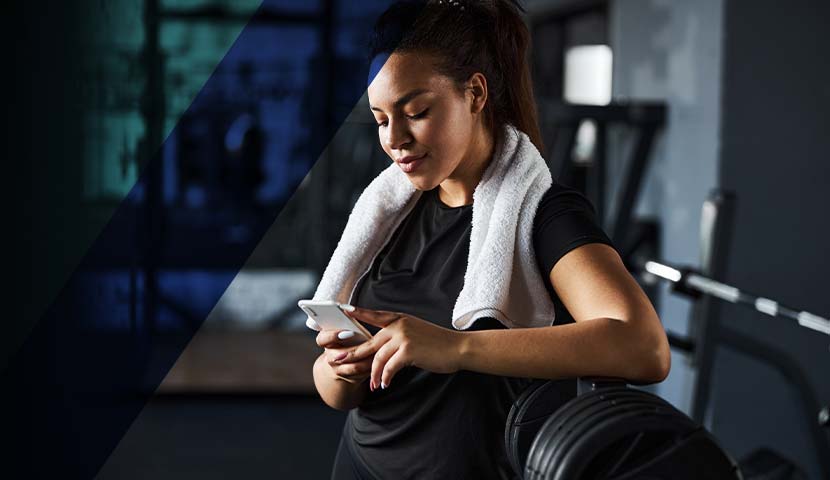
You probably already know what push notifications are, even if you haven't necessarily heard of this terminology. If your mobile phone has ever shown you any kind of notification from an app you're using, then you've received a push notification.
This notification is sent to an app user as long as their phone is connected to the internet and they have agreed to receive notifications from that app.
With the help of app notifications, you can send messages to users more easily, especially when it comes to important information that needs to be communicated as quickly as possible.
What exactly are push notifications?
As I wrote above, app notifications are short messages displayed on the mobile phone screen, even when the device does not have an active screen.
A push notification can have various topics or purposes, but it looks the same each time.
The message has a short title and one or two sentences in the description. The message should be concise so that the user can immediately understand it.
Why send push notifications?
Well, the short answer is – to keep members up to date with everything important happening in your gym in an efficient, simple and cheaper way.
Although email is an excellent way of communication and a great marketing tool, when you want to transmit "urgent" information, it is good to rely on a method that reaches the recipient directly and does not rely on the recipient's action to check their inbox.
Push notifications are a cheaper alternative to SMS. Both channels use the same type of messages, but the cost of each message may be higher in the case of SMS.
The main benefit of push notifications is that the member receives them instantly. Most mobile phone users have a mobile data plan, which means their phone is always connected to the internet. So, the chances of them getting your message are very high.
According to a study by Xtify, the open rate of a push notification varies between 30% and 60%, and the engagement rate can reach 40%. On the other hand, the average email open rate is 20%, and the "click-through" rate is only 5.4%.
So, app notifications are even twice as effective as emails.
Another reason to use notifications is to encourage members to use the app more often. Thus, they get used to doing various tasks through the app instead of calling the reception desk.
Depending on your strategy and what type of messaging you send, you can quickly increase your group class participation and retention rates by sending notifications when memberships expire or when you run various campaigns.
Since the notification directly opens the required app or section of the app, the member can make a class reservation or purchase a membership or service on the spot without much effort.
At the same time, you can send helpful notifications, such as when you change the club's opening hours. This way, you are sure that most of the app's users see that message. After all, everyone has their phone and checks almost every notification.
Compared to other forms of direct communication, such as email, SMS or phone calls, app notifications do not fall under the GDPR. So you don't have to send the member an email asking them to choose a way to communicate with them.
In the case of notifications, when installing the app for the first time, the user will be asked if they want to receive notifications. Then, with a simple click of a button, they can opt-in to receive these notifications.
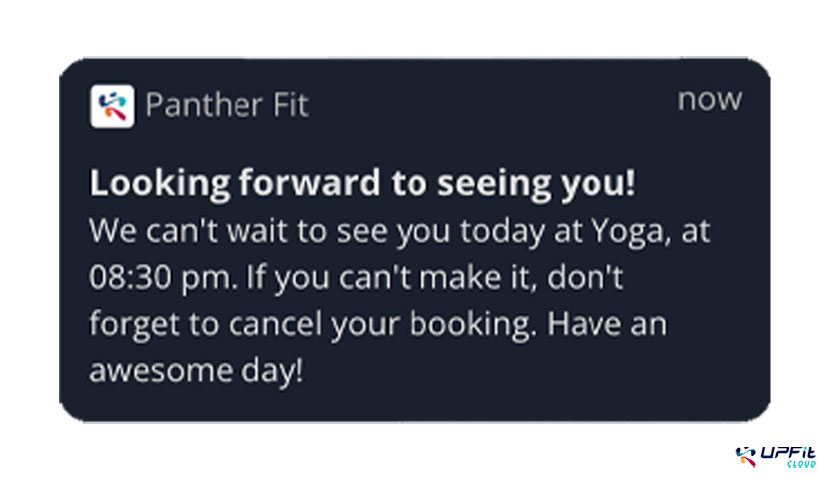
How to implement push notifications
To send push notifications, first, you need a member app. This means that your members have a mobile app that they can use to do various things related to their activity at your gym and check things that interest them. For example, they can reserve their place in their favourite classes, check details of their current membership and additional services, renew their membership, purchase additional services or watch original content published by your club.
Once you adopt such an app and as many members use it, you can start sending messages with the assurance that they are seen.
The implementation of these messages is strictly up to the mobile app developer. A mobile app is usually linked to member management software, depending on available options. Therefore, you should be able to use the same software to send notifications through the app.
In addition, the software should send notifications automatically for certain types of messages without you having to do anything, for example, in the case of expiring memberships or the fact that a particular class is about to start.
This way, you can send messages to various audiences and have a history for each member of all notifications sent.
For example, the marketing module in UPfit.cloud offers the possibility to also send push notifications through the member app. As a result, all campaigns are in one place; you can see exactly which member received your message. In addition, you can easily check if a specific member has activated the option to receive notifications via the app on their phone. This way, you have more control over your campaigns and can more easily see what messages are working.
For some announcements, you can even link the message to a dedicated article in the app so that when the member clicks on the notification, the app automatically opens that article. This is useful when you want to inform members about various actions, events or changes, and the character limit of the notification itself is not enough.
How to create a push notification strategy
Once you've implemented a mobile app and promoted it enough that most of your members use it consistently, you can develop a notification strategy.
As with all messages, push notifications must be sent when necessary, but not more than once per day. Otherwise, they can become annoying, and many users will disable them.
Compared to other direct communications, push notifications can be more frequent than emails or SMS, but you have to find a balance.
Another important aspect is the content. Decide from the beginning what types of messages you will send, especially if you have a team that handles marketing campaigns.
You may not need to send a notification if you've published a new blog post. Instead, sending a newsletter in which you make a round-up of recently published articles would be more beneficial.
Conversely, if something has changed in the way the club operates, such as a change in opening hours, then you should send this message both as a notification and as an email.
It is important to note that push notifications are not a newsletter. However, since they are more direct and reach the member instantly, at any time, no matter what they are doing, your message must be substantial and interesting enough for the member to open the notification.
For the same reason, it is imperative to set a time frame for sending these messages. Not everyone uses their phone on silent at night. And certainly, nothing is important enough to send a notification in the middle of the night or early morning.
Also, keep in mind that these messages are pretty direct and immediate. So if you want to let members know that a specific class is about to start or that you're about to launch a special offer on memberships, don't send the notification several hours in advance.
Thirty minutes before the class starts is enough; in the case of the offer, do not send it before it is valid. If the member clicks on the notification and can't buy the discounted membership on the spot, there's very little chance they'll return to the app later just for that.
A quick catch-up...
Mobile apps are becoming increasingly popular for any type of business, including those in the fitness sector. These tools are helpful not only because members can manage their activity and thus reduce the workload of the reception. In addition, a mobile app is an excellent direct communication channel through which you can send messages almost instantly.
The even better part about these notifications is that most, if not all, members are already used to receiving messages on their phones. Thus, it is unnecessary to accustom or teach them to use this communication channel. All they have to do is download the app and turn on notifications, an extremely simple and intuitive operation on most smartphones.
Once they've done those two things, you can send them lots of different types of messages designed to build a strong relationship with your gym, even when they don't come to the club.
Are you struggling to increase the number of new members joining your fitness center?
There is an easier way to get more members! Communicate efficiently with them through automated emails, provide them the option to purchase memberships online, delight them with a professional mobile app and member account, and surprise them with fast services at the reception desk.
With UPfit.cloud, everything is done quickly, and you can start seeing results in a matter of days. Find out the advantages of our platform in a 20-minute demo session.
REQUEST A DEMO
We also recommend...
The benefits of free assessment sessions for your fitness center
Many gyms offer assessment sessions to their members, but that doesn’t mean they actually use these services for the gym’s benefit. An assessment session should be an essential process,that transforms a new member into a loyal one.
Read More10 tasks members should perform themselves, without depending on your gym's front desk
For gyms, digitization means more than implementing management software. An important aspect of digitizing a gym is allowing members to control their own activities. This means that members can manage their own activity and account through online tools.
Read MoreEuropeActive: physical activity, the essential method to fight against a new COVID-19 wave
The latest think tank of EuropeActive has published an article on the importance of physical exercise against the spread of COVID-19. According to the document, the conditions created by the pandemic have highlighted the importance of physical exercise and the health of society.
Read MoreFree guides for your gym
We have created a series of free guides that will help expand your gym: advice on increasing sales, lead management, optimising your online marketing strategy, creating a corporate program, and so much more. There are dozens of e-books and guides with useful information and ideas for ambitious gyms, that are willing to use all the tools available to grow their business and recruit more members.
Software that perfectly adapts to your gym's activity
Each gym is unique. That is why UPfit.cloud has a wide range of services, tools, and features that perfectly match your business.
Regardless of how you manage your gym or fitness club activity, UPfit.cloud can be customized so it's easy to use for your team and simple for your members.

Aerobic studio
Discover the benefits
Fitness center
Discover the benefits
Pilates studio
Discover the benefits
Yoga studio
Discover the benefits
